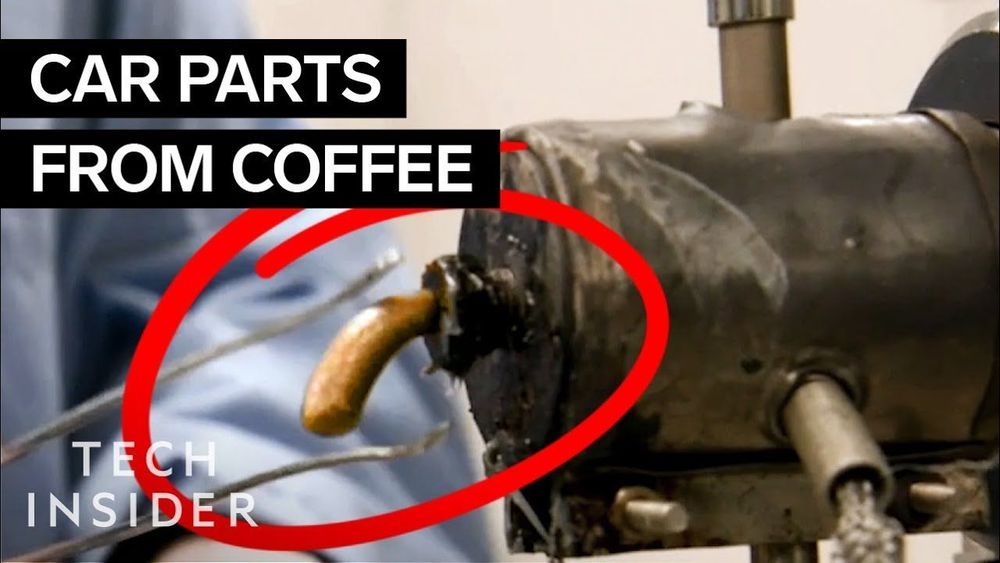The researchers wanted to know how tardigrades protected themselves against such harsh conditions. So Kunieda and his colleagues began by sequencing the genome of Ramazzottius varieornatus, a species that is particularly stress tolerant. It’s easier to study processes within the tardigrade’s cells when the animal’s genome is inserted into mammalian cells, says Kunieda. So researchers manipulated cultures of human cells to produce pieces of the water bear’s inner machinery to determine which parts were actually giving the animals their resistance.
Eventually, Kunieda and his colleagues discovered that a protein known as Dsup prevented the animal’s DNA from breaking under the stress of radiation and desiccation. And they also found that the tardigrade-tinged human cells were able to suppress X-ray induced damage by about 40%.
“Protection and repair of DNA is a fundamental component of all cells and a central aspect in many human diseases, including cancer and ageing,” says Ingemar Jönsson, an evolutionary ecologist who studies tardigrades at Kristianstad University in Sweden.








